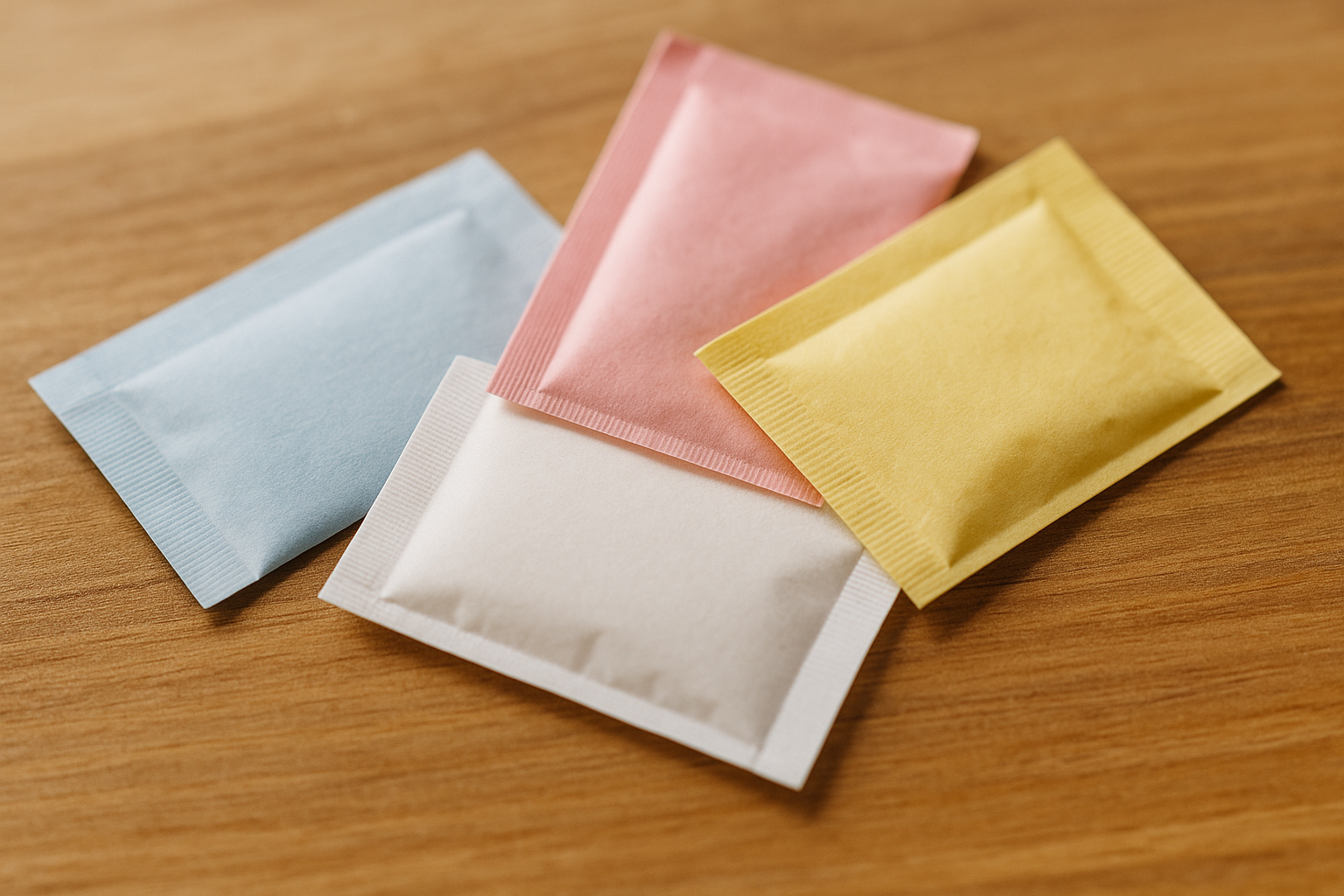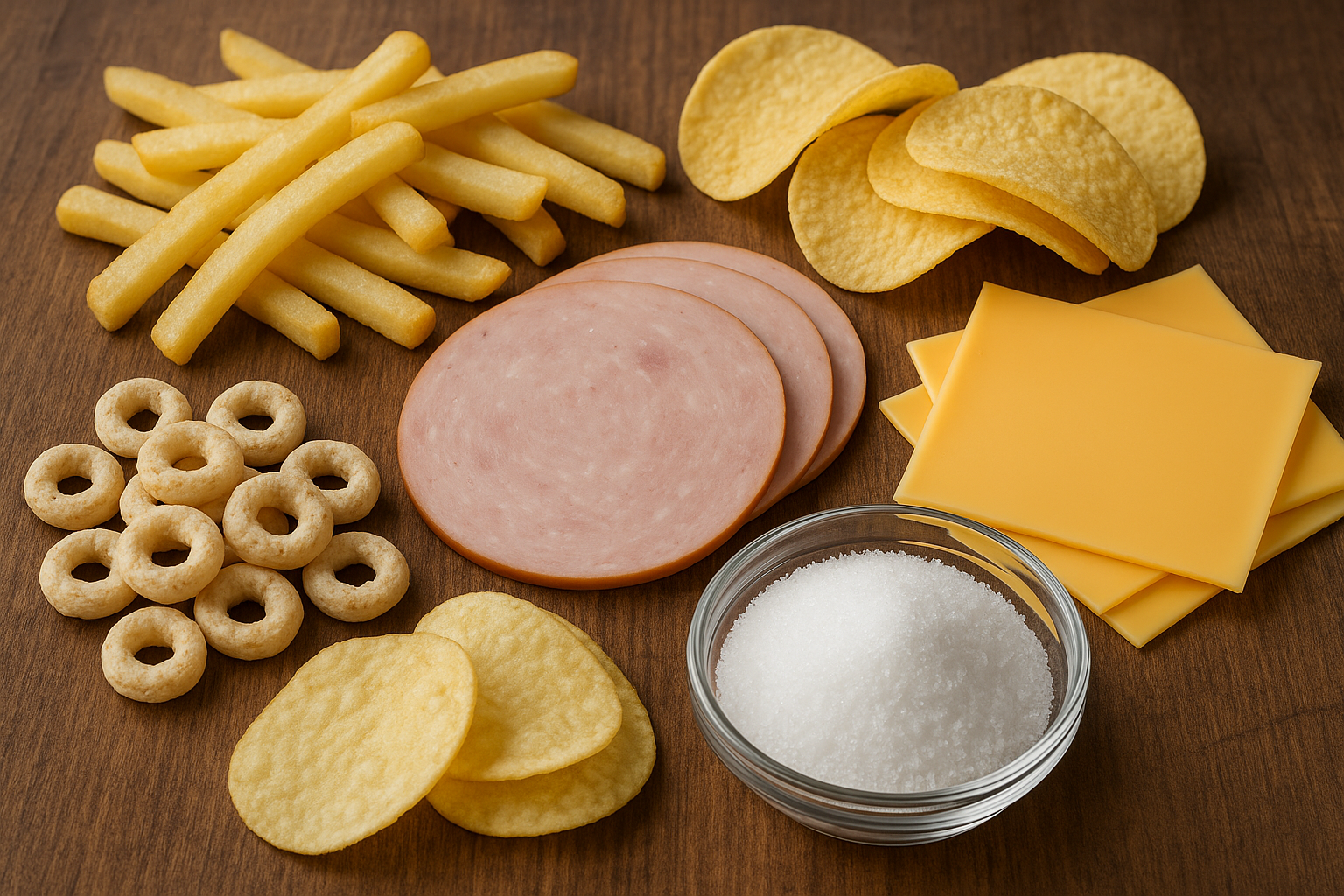Beyond the Usual Suspects: Surprising Dietary Triggers for Autoimmune Flares
Artificial Sweeteners: Sweetness with a Side of Inflammation

Artificial sweeteners are often marketed as healthier alternatives to sugar, yet they may pose risks for individuals with autoimmune diseases. Research indicates that artificial sweeteners like aspartame and sucralose can alter gut microbiota composition, potentially leading to dysbiosis and inflammation. These changes in gut health can trigger or worsen autoimmune flares. This section delves into the mechanisms by which artificial sweeteners can influence immune responses and underscores the importance of considering natural sweeteners or reducing overall sweetener consumption as part of an autoimmune-friendly diet.
Emulsifiers in Processed Foods: Hidden Agitators

Emulsifiers are additives used to stabilize processed foods, ensuring a smooth and uniform texture. Commonly found in items like salad dressings, ice cream, and baked goods, these substances can disrupt gut microbiota and enhance intestinal permeability. Studies have shown that emulsifiers like polysorbate 80 and carboxymethylcellulose can provoke inflammatory responses in the gut, potentially triggering autoimmune flares. This section explores the impact of emulsifiers on gut health and immune function, offering guidance on identifying and avoiding these additives to reduce autoimmune risk.
